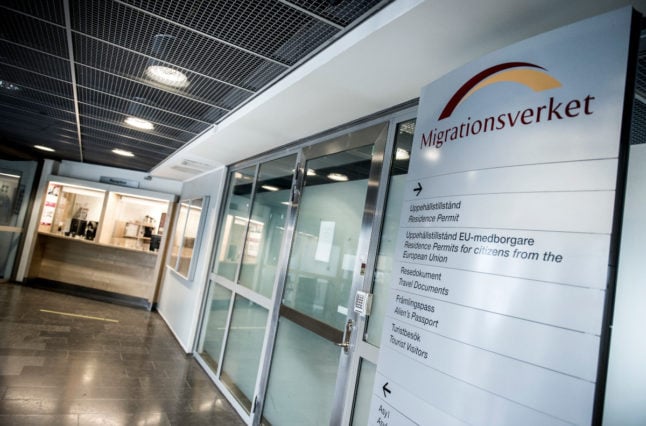Sweden’s migration minister, Maria Malmer Stenergard, told the TT newswire in an interview that the current five-year residency required to qualify for citizenship was shorter than in most other countries.
“We stick out compared to other, comparable countries,” she said. “Overall, this is a question of security. The security police have warned that this time is too short for them to have time to identify future security risks.”
The government has appointed a judge, Kirsi Laakso Utvik, to lead the inquiry into toughening citizenship requirements.
According to a press release, Utvik is being asked to carry out the following tasks:
- propose requirements for a longer stay in Sweden to become eligible for membership
- propose what knowledge about Sweden as a society, and about Swedish culture should be required to be eligible for membership
- propose extra requirements that applicants have a hederligt levnadssätt, or “upstanding way of life”
- propose what requirements for self-sufficiency prospective citizens should have to meet
- take a position on whether a citizenship interview, oath of loyalty, or other ceremony should be instituted as the final point in the citizenship process
- decide on whether the procedure for considering the release of children from Swedish citizenship should be changed and submit the necessary constitutional proposals.
Stenergard told TT that the new requirements were likely to judge whether applicants had an “upstanding way of life” on the extent to which they were suspected of involvement in crime.
“This will mean considering which acts a person is suspected of or convicted of and where we should set the limits on which people are eligible to become Swedish citizens,” she said.
It will take some time for any changes to the law proposed by the inquiry to come into force.
Utvik has been given until September 30th 2024 to present the conclusions of her inquiry, with a draft law then scheduled to be presented to parliament in the autumn of 2025.
It is likely that some new requirements for citizenship would then come into force at the start of 2026.
According to the press release, Utvik has been asked not to make any proposals which would require changes to Sweden’s constitutional laws.



 Please whitelist us to continue reading.
Please whitelist us to continue reading.
Well, technically, the delay to become citizen (for an EU member) is already 8 years.
5 years to be allowed to request citizenship, then 3 years (and counting) to get the demand processed…